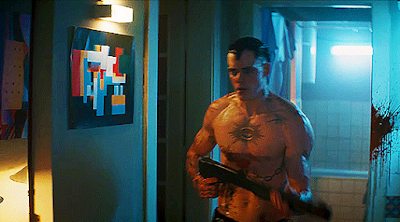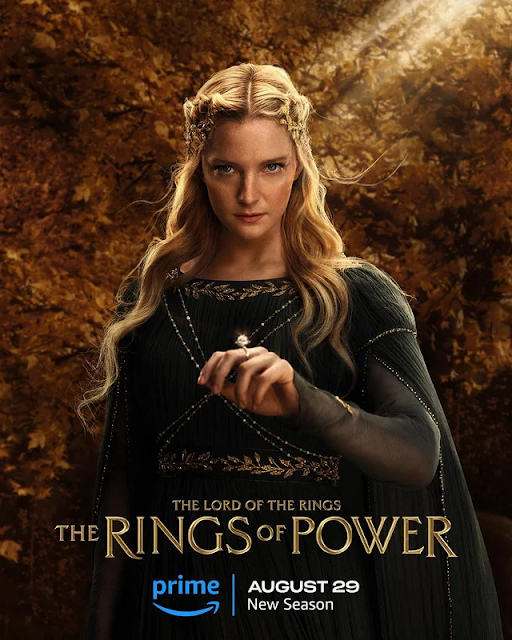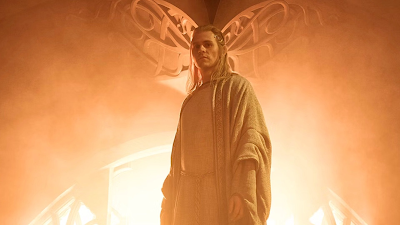Michael Ferentino's Bedtime for Robots sails toward a happier, stranger time, with the eight-track opus, Chloroform Days (a special release from The Church of the Noisy Goat). Its audio elements are occasionally grim, but with the retro ability (done in a Tangerine Dream stream) to instill the mind with mollifying fancies of any kind. (The following constitutes my individualized interpretations, based on the tracks' titles and their ensuing sounds.)
"Corpse of Valerie" begins the epic with a stroke of abandonment. Its pace is careful and shrewd, reminiscent of the attic where (if I may be so bold) Catherine Deneuve has added another among her many corpses. In this respect, the track's creeping notes represent the wavering brainwaves of her undead ensemble, welcoming their fledgling member to their interminable catatonia.
"Epicurean Asshole" is comparably ominous, symbolizing (from my surreptitious vantage) a callous clod devoid of soulful belief. A shuffling cockiness gives this one its kick, airing an arrogance that invokes immorality. It's the perfect theme for the perfect villain.
"Violent Violet" elects that villain's quarrelsome concubine, in a composition that vocalizes a self-deprecating but rebellious squeal. It's delivered through a male's voice, but in its taunting, la-la refrain (and mind-shifting game), it's female through and through (and of course, most un-ladylike, at that).
"Community of Delicate Unity" is a totalitarian pledge disguised with peacenik decorations, a track that could be used as a backdrop for Terry Gilliam's Brazil, as it rolls with a monitor-queued assembly line that alas, culminates in blabbering lobotomization.
For me, "Vicious Turd" strikes an underlying, Phantom of the Paradise disposition, an electrical dejection that's as therapeutic as it's forbidding. Its organ-pressed build-up, draped by a mask and cloak, reeks of artistic revenge.
"Surrealistic Humanism" bangs like popcorn under a fire. It may bud from flesh and blood, but its underside is a wiring that sings the body electric, albeit to the beat of a discontent, music box.
"Chloroform Days," is the emblazoned, titular selection that spurts disinfectant like a choo choo train fueled by testosterone fished from Prince. It's hard to say how far its seraphic purgation (not to mention its tribal prance) will go; it could be either good or bad, depending on one's mood. (This composition is particularly impetuous, as its vocals seem to seduce and reduce one into an equivocal, comatose state that somehow manages to keep one wide-awake.)
"Disturbed Club of Self-Righteous Flunkies" is where the pompous pieces land. It functions by a stop-and-go progression, pausing only to subside and then go again. However, once it steadies, it keeps a gentle, Zen-like flow, though woven by enough unpaid promises to plug a bottomless pit.
Chloroform Days, like any Bedtime for Robots experiment, is open to personal (re)design. Nevertheless, its sedatives are potent (and quite open), guaranteeing fresh explorations each and every time.
Get nice and numb at
https://thechurchofnoisygoat.bandcamp.com/album/chloroform-days





















































